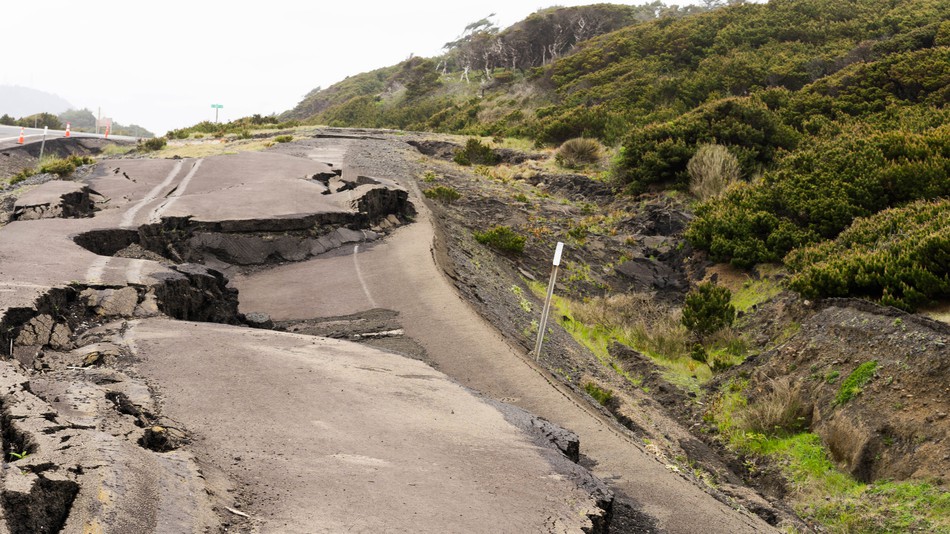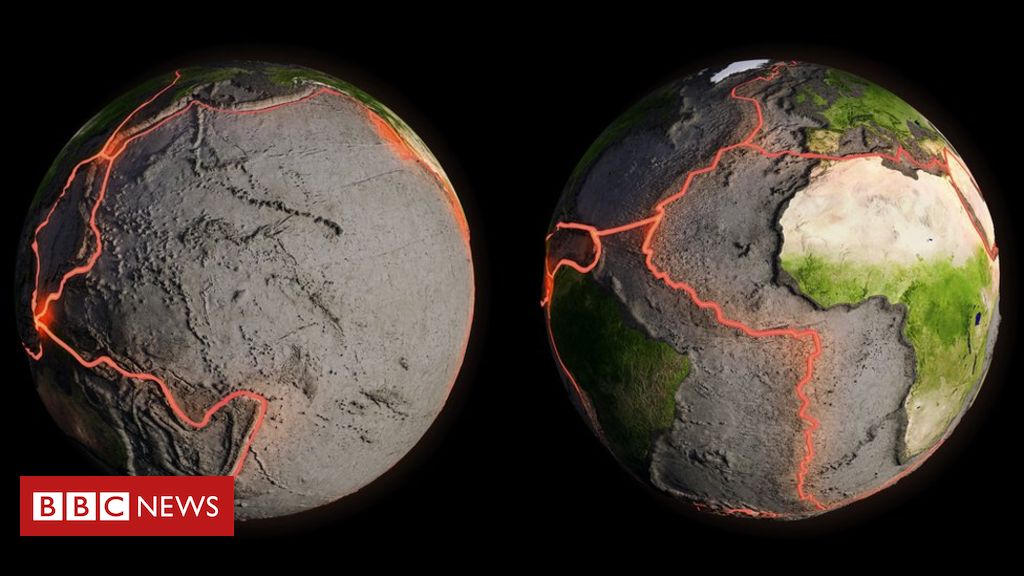
Since 1991, the world's oceans have absorbed an amount of heat energy each year that is 150 times the energy humans produce as electricity annually, according to a new study.

Recent studies have shown that global emissions of carbon tetrachloride, that contributes to the destruction of the Earth's ozone layer, have not declined as expected, with about 40,000 tonnes still being emitted each year.

Hidden below the waves off the east coast of Australia, scientists have discovered a 'lost world' of epic volcanic peaks buried under the Tasman Sea, never before seen with human eyes.

Scientists from Harvard and Google have devised a method to predict where earthquake aftershocks may occur, using a trained neural network.

Key to the mission is NASA’s Ice, Cloud and land Elevation Satellite-2, which will use the laser instrument to measure - within the width of a pencil - the amount of land ice elevation changes in Antarctica and Greenland.

The international research team found that magnetic field reversals could happen much more rapidly than the thousands of years previously thought to be needed.

Fears are mounting that the catastrophic “Big One” earthquake could rip through California, after 70 quakes rocked the deadly Ring of Fire in just 48 hours.

Researchers in Iceland have successfully used an existing fibre-optic communications cable to assess seismic activity.

Researchers may have found the reason for the rise in levels of CFCs in the atmosphere: factories in China that produce foam for refrigerators and buildings.

The findings have surprising and positive implications for the survival of the West Antarctic Ice Sheet which scientists had previously thought could be doomed because of the effects of climate change.
Reports have emerged of multiple fatalities in the wake of an eruption of the Fuego volcano in Guatemala. Plumes of black smoke have forced evacuations and the closure of the country’s international airport.

The hottest and fastest-moving lava of Kilauea volcano’s latest eruption spread across new parts of the Big Island Wednesday, forcing officials to order evacuations.

Humanity Makes Up Just 0.01 Percent Of The Earth's Biomass - But We've Destroyed Over Fifty Percent Of The Rest.

Instead of an accelerating decline, ozone - destroying CFC-11 showed a steady drop of 2.1 parts-per-trillion each year between 2002 and 2012. Since then, its decline has actually slowed.

A new study presents the first physical evidence that the Venus’ and Jupiter’s gravity can cause shifts in Earth’s orbit—and swings in its climate—every 405,000 years.